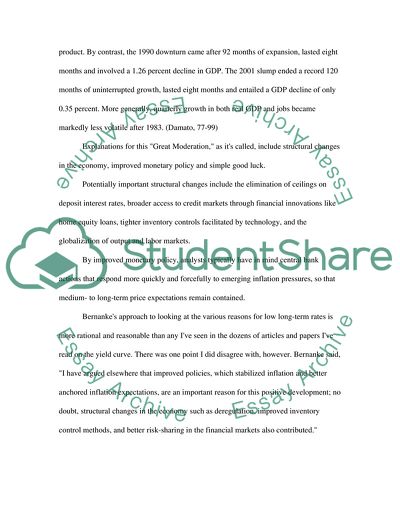Cite this document
(The Great Moderation Money and Banking Assignment, n.d.)
The Great Moderation Money and Banking Assignment. Retrieved from https://studentshare.org/finance-accounting/1719047-explain-step-by-step-what-happens-when-a-commercial-bank-removes-an-asset-from-its-balance-sheet-and-via-the-process-of-securitisation-sells-the-asset-in-the-market-place-to-other-investors
The Great Moderation Money and Banking Assignment. Retrieved from https://studentshare.org/finance-accounting/1719047-explain-step-by-step-what-happens-when-a-commercial-bank-removes-an-asset-from-its-balance-sheet-and-via-the-process-of-securitisation-sells-the-asset-in-the-market-place-to-other-investors
(The Great Moderation Money and Banking Assignment)
The Great Moderation Money and Banking Assignment. https://studentshare.org/finance-accounting/1719047-explain-step-by-step-what-happens-when-a-commercial-bank-removes-an-asset-from-its-balance-sheet-and-via-the-process-of-securitisation-sells-the-asset-in-the-market-place-to-other-investors.
The Great Moderation Money and Banking Assignment. https://studentshare.org/finance-accounting/1719047-explain-step-by-step-what-happens-when-a-commercial-bank-removes-an-asset-from-its-balance-sheet-and-via-the-process-of-securitisation-sells-the-asset-in-the-market-place-to-other-investors.
“The Great Moderation Money and Banking Assignment”. https://studentshare.org/finance-accounting/1719047-explain-step-by-step-what-happens-when-a-commercial-bank-removes-an-asset-from-its-balance-sheet-and-via-the-process-of-securitisation-sells-the-asset-in-the-market-place-to-other-investors.


